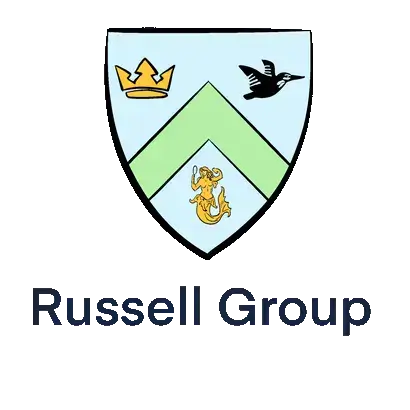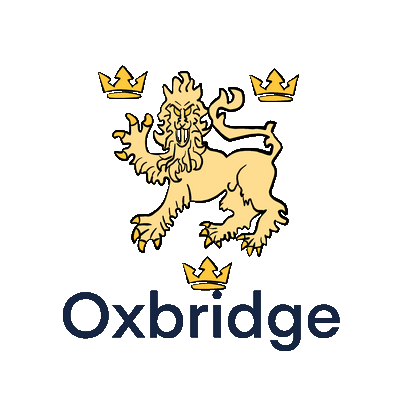11 Plus exam papers
The following free papers have been written by our 11 Plus tutors, all of whom are qualified teachers with experience of preparing students for entrance exams. These 11 plus practice papers are free for anyone to use for non-commercial use. They are designed to be used by parents and children to help with 11 Plus preparation for both state grammar and independent school Year 7 entry. Find out more about the 11 Plus exams (and how Owl Tutors can help) below.
11 Plus Papers - 23 papers available
Are you looking for a tutor with specific school entrance experience?
Browse our school guide
What is the 11 Plus?
The 11 plus is a selective entrance examination process for children in year 6 who are applying for independent or grammar secondary schools in the UK. The exams are designed to test a range of skills within four main subjects: verbal reasoning, non-verbal reasoning, maths and English. The format, length and style of these exams vary from school to school.
What is the 11 Plus exam process for my child?
Depending on school for which you are applying, the selection process will vary with some schools doing a one stage exam format and some doing a two stage format.
The first stage of the 11 plus is either a pretest (which is done on a computer) or a paper-based test. If the first stage is a computer pre-test, it will be either an ISEB (Independent Schools Examination Board), CEM (Centre for Evaluation and Monitoring) or UKISET (for overseas candidates) examination. The most popular tests are the ISEB and CEM. These tests are normally sat in October and November. However, this can change, so it is best to check with the schools you are applying to when their assessments are.
If paper-based, the test is likely to be run by GL assessment. This will normally take place in the Autumn term of Year 6 (often quite early in the year).
Similarly to the first stage, the second stage can take on different forms depending on the school to which you are applying. Some second stages include a written Maths and English paper, as well as an interview; others do a ‘creative day’ where children will be asked to work as part of a group to problem solve, create or design something.
It is important to check with the school how they structure the assessment so you can fully prepare. If we can help, please ask!
What else do schools consider when deciding whether to award my child a place?
In addition to the stage one and two assessment, all schools will ask for a recommendation and report from the Headteacher of your child’s current school. It is also common for your child’s highest CAT test score to be sent to the school. The CAT (Cognitive Ability) test is a four part assessment which tests Verbal, Non-Verbal, Quantitative and Spatial Reasoning. The highest score a student can achieve is 141. Top academic schools expect around 130.
What is the pass rate for 11 Plus entry?
The pass rate differs across the UK. In London, the top rated independent and grammar schools often have thousands of applicants for only a couple of hundred spaces, so competition is fierce and the pass mark is high. However, it is important to note that his is not the case for all the schools. Owl Tutors can help you to decide on the right school for your child, taking into account pass rates, sibling policies and catchment areas.
How can 11 Plus practice papers help?
No matter how prepared or under prepared you feel, practice papers are an important part of preparation. Not only do they help familiarise your child with the questions they will be tested on in the real assessments, they also give you a good idea of whether you child can complete the tasks in the given time. Do not underestimate the pressure children feel when they are being timed – and the best way to overcome this is to practise!
Owl Tutors’ 11 Plus practice papers give you a comprehensive assessment of the topics covered in the various exams. When using the papers, it is preferable to complete the first few not timed and then introduce the timing element once your child is used to the process.
Good luck, and please let us know if we can help with:
- Choosing the right school for your child
- Tailored 11 Plus exam preparation
- Advice and support around the application process, including the interview.
How many 11 Plus papers should my child do?
When to start 11 Plus practice papers?
It is important to think about your child as an individual. Make a plan and decide when your child should begin practising 11 Plus papers based on their academic profile. To help you with this, you can ask their current school for their most recent scores in English and Maths. Ideally, most children start practice papers around a year before the exam, when they are at the very end of Year 4 or the start of Year 5. This allows enough time to get to know the format and types of questions your child might encounter in the 11 Plus exam. Starting at this point gives them a good amount of time to gradually improve their skills and avoid feeling overwhelmed.
How often should children complete 11 Plus practice papers?
Both consistency and frequency are important. Ideally, children get used to undertaking papers and it becomes part of their routine. At the start of their preparation, one paper a week allows them to build confidence and develop their own independent problem-solving strategies. As they become more confident, it is a good idea to increase this to two or more papers per week, particularly in the holidays before the exam, although of course this will largely depend on their individual needs and how they are able to handle the workload. Most schools place 11 Plus exams either after the summer holiday or after the Christmas holiday.
Does this change for private vs grammar school?
Yes. The type of school your child is going for will influence the numbers and types of paper they should complete. Grammar and other selective state schools largely have more competitive entry requirements at 11 Plus (both as measured by the difficulty of the material being assessed, and by the larger number of students applying for a smaller number of places). Private schools, depending on how selective they are and where they are situated, might not need quite as much preparation. It’s important to understand how likely it is that your child will be offered a place before you start the process; if the overall success rate is as low as 10%, rigorous preparation will be needed.
Should I use age appropriate resources when preparing my child for 11 Plus exams?
Using age-appropriate resources is really important. Comprehension texts can be unsuitable for some children due to their content. Read over them carefully to check first. Additionally, materials and resources should be tailored to your child’s current level of understanding while also sometimes challenging them. Usually, a good tutor will start with a basic level and then progress up so that the child is sufficiently challenged. Sometimes there is a need to go back to a more basic approach so as not to erode confidence.
What are the dangers of starting 11 Plus past papers too early?
Beginning past papers too early can make children and families feel stressed. Low marks on practice tests can be demoralising. Make sure you take the advice of your child’s tutor or teacher when thinking about when to start. The aim is to build confidence and skills, not to make children feel bad about their achievements. Practice papers are just one useful tool in the 11 Plus belt.










